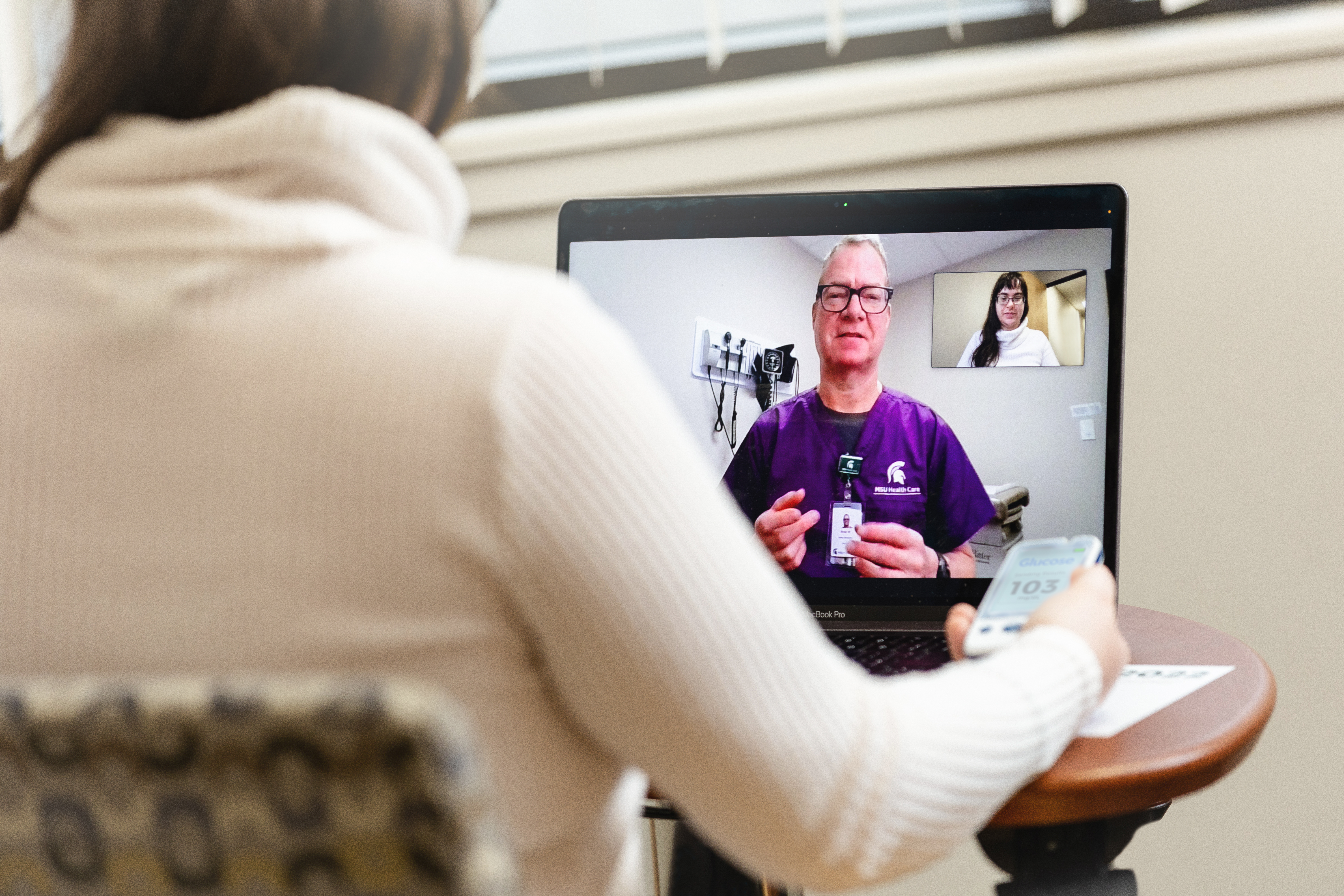MSU advances rural health care through education and innovation
August 12, 2024 - MSUToday

Originally published August 7, 2024 on MSUToday
Unfortunately for many, the place where they live is also a predictor of their life span, especially for rural residents. Nearly 2 million Michigan residents live in rural communities where there are significant barriers to health care resources such as long commutes to hospitals and clinics, a shrinking pool of providers and a lack of high-speed internet.
Prioritizing rural health equity is part of the sustainable health theme in MSU’s 2030 strategic plan and ensures that everyone has the chance to lead a healthy life, no matter where they live.
The university has long had a presence that reaches all areas of Michigan to create a national model for improving health and well-being in underserved communities, including rural areas of the state. The following are some examples of MSU’s commitment to helping residents, training the next generation of health care providers and providing specialty programs targeted at mental health.
For patients of all ages, virtual visits are available through MSU Health Care for rural residents who have limited access to primary care providers. This program enables patients to receive regular check-ups, manage chronic conditions and address health concerns from the comfort of their home.
Similarly, the MSU Center for Bleeding and Clotting Disorders offers physical outreach clinics in lower Michigan and the Upper Peninsula, including clinics for the Amish population, as well as telemedicine clinics.

